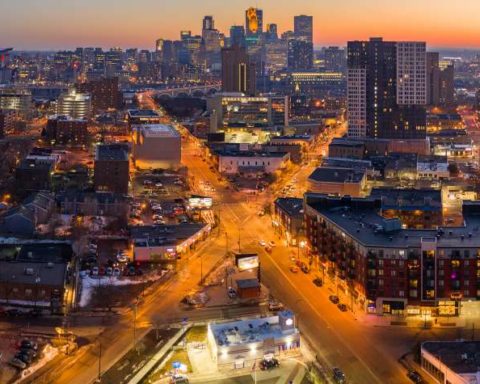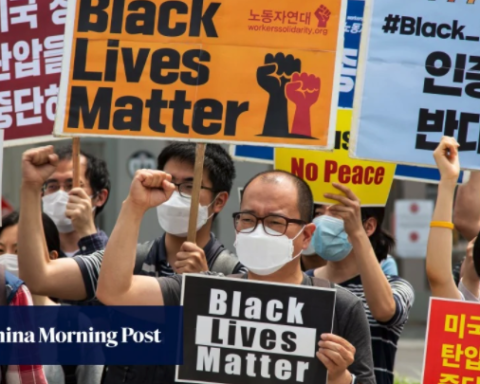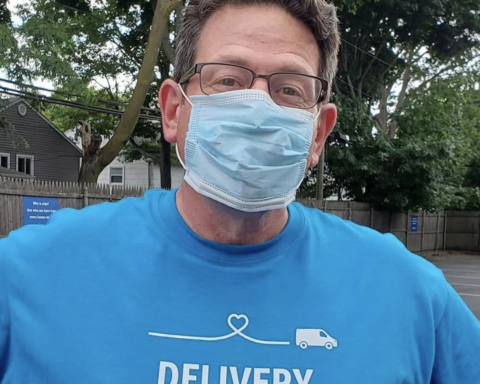SHENZHEN, CHINA— Tony Lee, a Chinese undergraduate currently studying at UC Berkeley, felt frustrated, relieved, as well as grateful on his way home.
Chinese students abroad come back to China any time they please usually, but only had this one chance in mid-March this year to stay with their families in China. “Those who don’t have classes or internships during summer are coming back anyway – it’s just a matter of earlier or later to them,” said Tony, who had already scheduled a flight in April but took it earlier due to the coronavirus outbreak. The flight he took, rescheduled to March 16th, was the last flight available to Hong Kong.
Students who have come back to China are taking online courses just like other students do, but by either forcing themselves to wake up at 1 a.m. or watch a playback which they cannot help to pause, with such sad resignation living in a time zone 12 hours from the Eastern Time of America. As a turbulence to their schedules as well as a frenzy to their sleep, this new way of life adopted by all Chinese students coming back home strikes them with disorder.
“Video invigilation—conducting exams with students’ video cameras open so that teachers could check their potential cheating behavior— is banned in our locality,” said Tony, “so the test system is also in such a mess.”
“Speaking of inefficiency, the customs come at first.” Tony noticed that people passing the customs had to fill basically the same forms several times, for each department needs its own one. There were also, however, some slight differences in the requirements of the forms that frustrated people. “I was required to fill ‘America’ in some forms, ‘California, America’ in some, and ‘Berkeley, California, America’ in others. They should have a standardized criterion for this.”
The forms, besides not being designed reasonably, were also not placed reasonably, for one had to wedge his way to the front of the queue for quarantine to get the form, and then fill it after getting to the back of the queue. “I remember hearing a security guard grumbling ‘why are those people in such a mess’, to whom I suggested to place the forms some place nearer to the back of the queue,” said Tony. “I don’t know if he actually adopted my advice, but that’s at least something I can think of to help.”
“Considering this by and large,” added Tony, “this was not that of a fatal issue but just a small problem that needs improvement. Some of my friends who flew to Tianjin instead of Hong Kong weren’t as lucky as me.”
“They passed the border at around 7 p.m., and started to take the virus detection as late as 1 a.m. the next day. They were then ordered to take buses to get to hotels. The buses, however, only depart when they are full. My friends departed from the port at about 7 a.m., so they told me, and were taken wandering the city Tianjin by the buses. They actually had to ‘find’ a vacant hotel for this was not settled down beforehand. I can’t imagine this because I faced none of these problems in Hong Kong or Shenzhen.”
“But above all these,” said Tony finally, “there were also the medics and security guards that were stuck at the ports all day long. Despite their long work days, the kindness of them never faded, and touched me so, that I recall a medic reminding people to take their coats off in order to cool off before taking temperature tests. Then I saw the smile of the medic, the smile I knew she was having inside her mask. Nothing was altogether bad, and cheerful are people still to get under the difficulty travelling under the coronavirus.”







